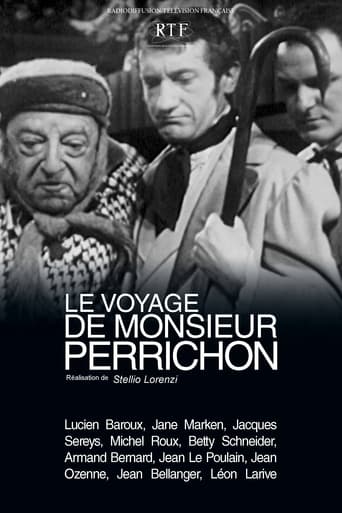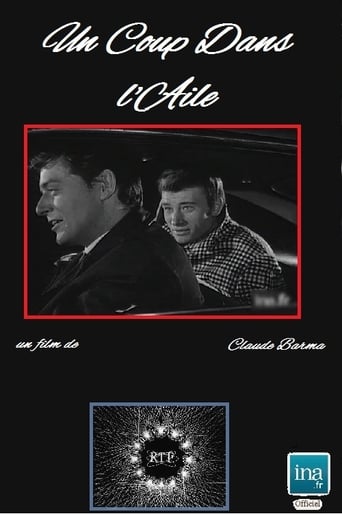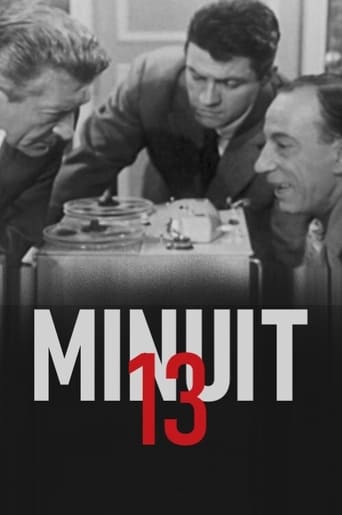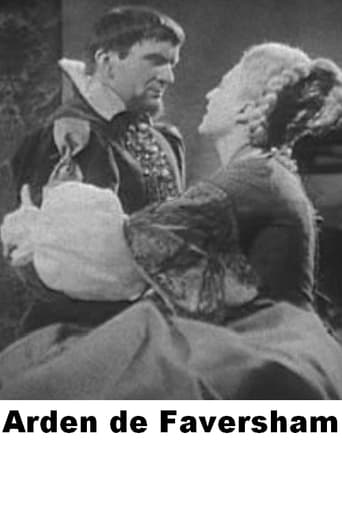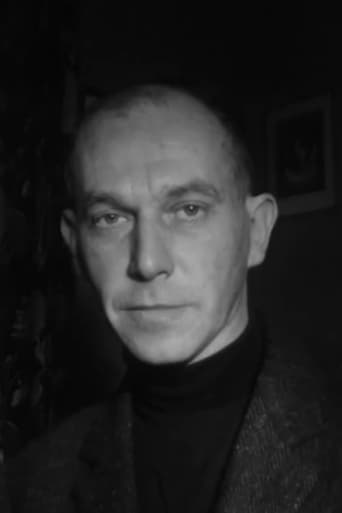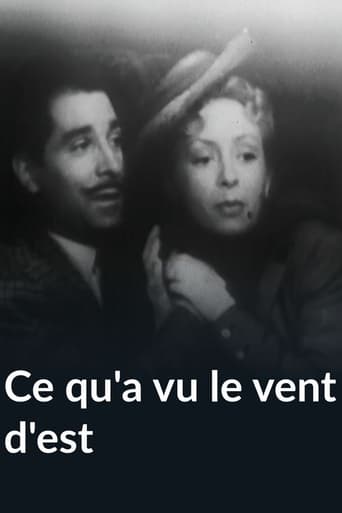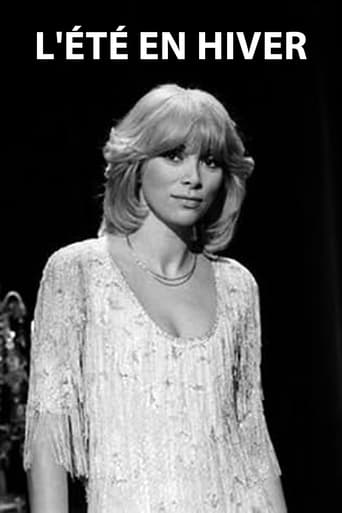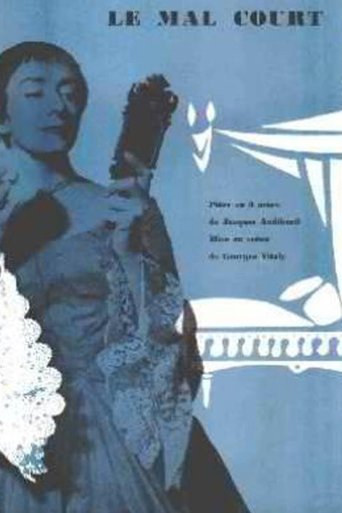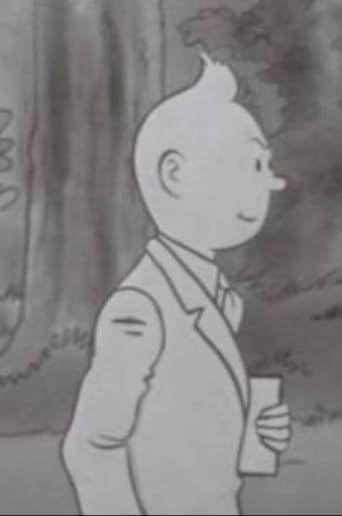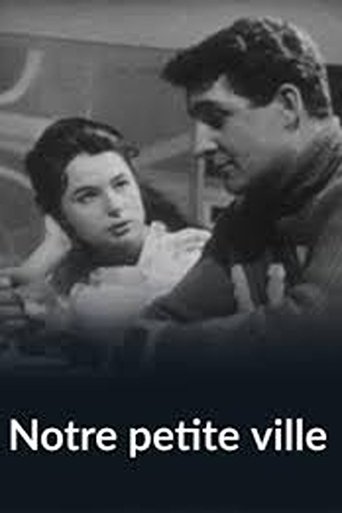Le Voyage de monsieur Perrichon 1958
Television adaptation of the comedy by Eugène Labiche and Edouard Martin, written in 1860. On the Buttes Chaumont plateau, transformed into the Gare de Lyon, Monsieur Perrichon, who has all the makings of an honest bourgeois, sets off on a pleasure trip with his wife and his pretty daughter Henriette. He has no idea that his daughter's two official suitors will give this trip a fantastic turn.
